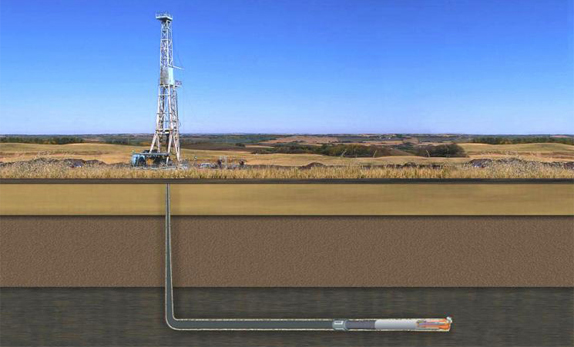By Printus LeBlanc
Let’s face it, the majority of the world would not be interested in the Middle East North Africa region, if it did not house 69.4 percent of the world’s proven oil reserves. It’s unbearably hot, almost nothing grows there, and the tribal and ethnic violence is unlikely to end, but it seems like the center of the world sometimes. It has nothing to do with humanitarian assistance or any other UN chartered mission. If that were the case, the world would have intervened in the genocides of Rwanda and Darfur, Sudan, but no one did. Why? Because there was no energy involved.
The International Energy Agency (IEA) defines energy security as the uninterrupted availability of energy resources at an affordable price. Energy is the lifeblood of any economy. An economy without energy security is usually stagnate or contracting.
Every significant human achievement in the last 150 years, has an energy component attached to it. Global trade is impossible without energy to make the products, move the products to ports, ship the products across oceans, and sell the products. The world has a rapidly expanding population that needs more and more food to sustain itself. Massive pieces of farm equipment make crop harvesting easier and quicker using energy, while water is pumped from faraway places to the farmland, with energy. The world as we know it would cease to exist without energy.
Wars have been fought and alliances have been formed over energy. Japan was wholly dependent on foreign sources of oil prior to WWII. The invasion of the Dutch East Indies was to gain control of the oil. Japan knew it could not continue the war effort, let alone the economy, without a stable supply of energy.
The relationship between the US and Saudi Arabia was founded on stable supply of oil to the world. After Saddam Hussein invaded Kuwait in August of 1990, the US was petrified Saudi Arabia would be next. In response to the threat of Saddam Hussein being in control of one-third of the world’s oil supply, the US mobilized over half a million troops from 28 countries to defend Saudi Arabia. The majority of the troops mobilized to protect Saudi Arabia, were not even Saudi, they were American.
Energy has also been used as a weapon. In response to the US support of Israel in the Yom Kippur War in 1973, the Organization of Petroleum Exporting Countries (OPEC) initiated an oil embargo against the US. The embargo sent oil and gas prices soaring. Many economists believe the embargo directly led to the 1973-1975 recession.
Gazprom, a Russian government owned gas company, supplies over one-third of natural gas to Europe. Gazprom operates as an economic weapon for Russian interests. In 2009, a dispute between the Ukraine and Russia led to Russia cutting off gas supplies to the pipeline that flowed through Ukraine, to the rest of Eastern Europe in the middle of winter. This sent a panic through the whole of Europe with the EU demanding natural gas resume flowing through the pipelines.
Knowing how important energy is, it is paramount the US continue the energy renaissance it is currently undergoing. Hydraulic fracking is the driver behind the renaissance. Fracking injects water, sand, and chemicals into horizontal wells dug into shale formations. The pressure fractures the rock and the gas and oil trapped inside is forced to the surface.
Fracking is so revolutionary for US energy, it now accounts for more than half of US oil output, and over two-thirds of US natural gas output. Even the collapse in the price of oil, with a glut in supply and reduction in demand, could not kill the fracking boom, nor the energy renaissance.
If the President and Congress want to put pressure on Iran and Russia, they must give the energy sector in America the opportunity to explore all lands and expedite LNG export terminal paperwork. If the US is producing energy at capacity, Russia and Iran lose leverage over European and Asian leaders. If the US can offer energy alternatives, alternatives that do not go through chokepoints, it forces hostile nations to calm down.
Iran and Russia depend on oil and natural gas revenue to operate their governments. The ability to challenge that, will give US negotiators a trump card, pun intended, at the bargaining table.
Expanding energy dominance will increase tax revenue (something for the democrats), create high paying jobs, and give the US more influence on the world stage while reducing the need for the use of military force. Why would anyone in the US be against the expanding US energy dominance?
Printus LeBlanc is a contributing reporter at Americans for Limited Government








